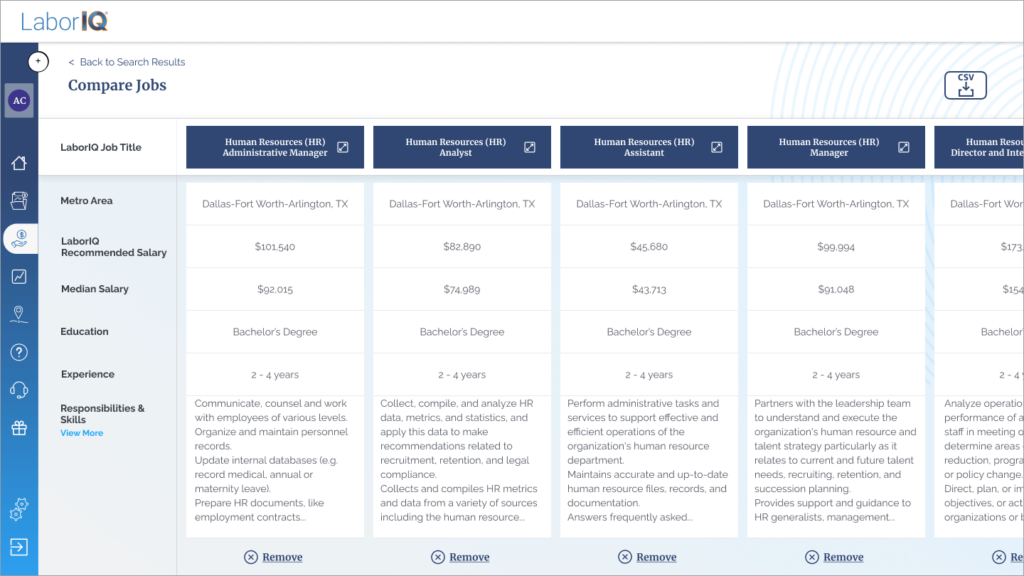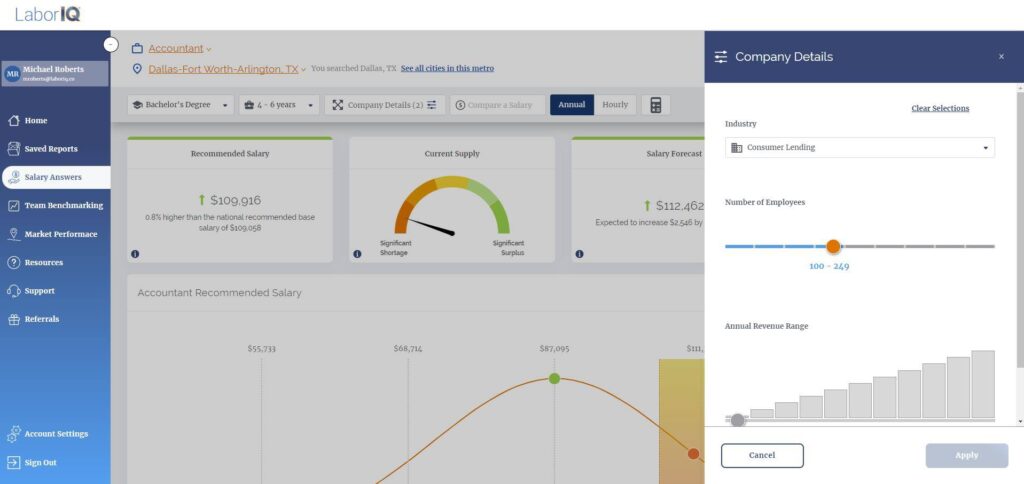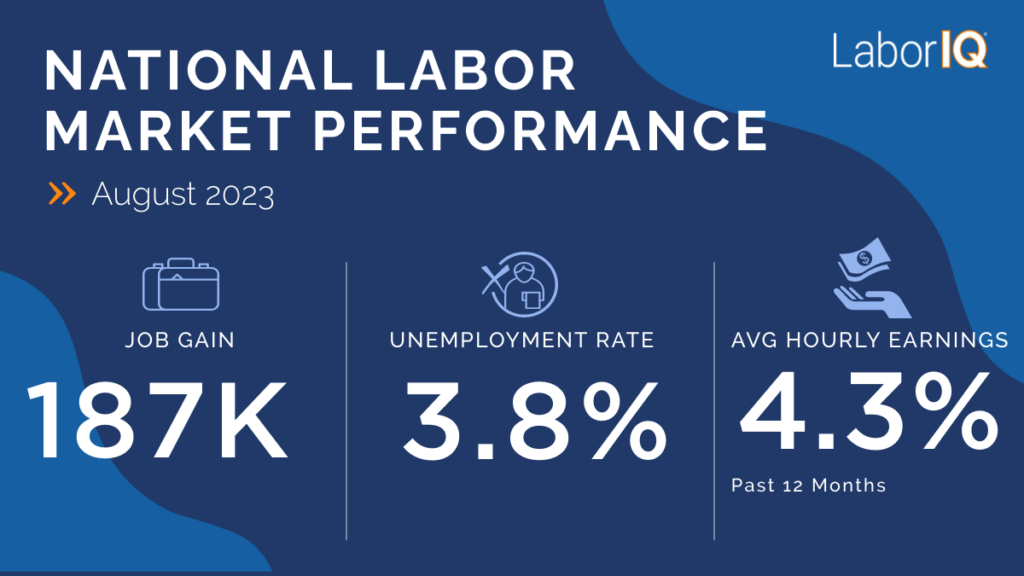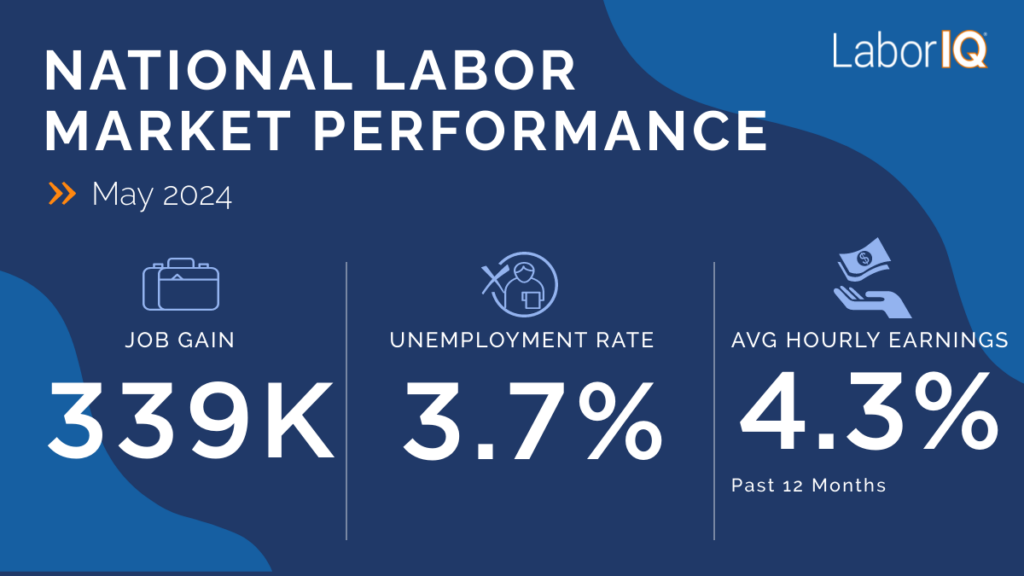Attracting candidates to move to a new location to start a job at your company is becoming a more significant challenge. Unfortunately, fewer Americans than ever are willing to relocate for a new position. In fact, only slightly more than 10% of job seekers relocated for work in the first half of 2018.
This begs the question: is it still necessary for your business to attract talent willing to relocate? If so, how has the game changed in the aftermath of the pandemic and the rising cost of living?
Let’s take a look…

For Many, Relocation Is No Longer Viable
Those still at the beginning of their careers and mid-career professionals remain the likeliest to move to advance their careers. However, as workers begin to age, families and partners are more likely to keep them rooted in one location.
On top of this, many workers don’t feel as loyal to one company anymore. The ‘job for life’ era has well and truly gone, with the average person having 12 jobs in their lifetime.
The reasons for this are plentiful. For instance, only 54% of workers think their employer is loyal to them. Plus, many find their salary isn’t keeping up with the increasing cost of living. Raises are at an average of 3%, which is less than the inflation rate.
As such, employees are less likely to feel obliged to relocate for work. Not to mention that for many relocating is stressful. Moreover, uprooting their existing lives is a considerable risk for a job they might only stick with for a couple of years. So it’s no wonder job seekers are reluctant to undertake such a considerable upheaval.
Relocation is Expensive
If businesses want to draw candidates to their area, offering attractive relocation packages is necessary. But, these can be expensive. For instance, the average cost to relocate a renter starts at $21,327, and for a homeowner, it’s $61,622. However, most businesses don’t want to budget for packages of such considerable size.
On top of this, employers need to consider whether the average salaries in the new area are lower than the average salaries in their current location. For example, a candidate will likely enjoy higher wages in San Francisco than if they were to move to Boise, ID.
Not to mention, if the living costs in your location are higher, candidates will expect a salary that matches those levels.
Remote Work Presents a Cheaper Alternative
Fortunately, with the rise of remote work, relocation isn’t always necessary. In fact, 16% of companies worldwide are already fully remote, and 62% of employees work remotely occasionally.
There are many benefits to hiring remote workers instead of trying to relocate them. For instance:
- New hires can “try” a company remotely without having to uproot their lives for a new role. This means an offer doesn’t have to be as outstanding to get their attention.
- While remote workers aren’t paid less, they’re often paid based on the average salary for their area. In other words, employing remote candidates from regions with lower living expenses can be a more affordable option for your company.
- When businesses try to entice new recruits to relocate with big salaries, this can create unfair pay gaps within your organization. In contrast, there’s no need to give remote workers such an advantage to get them to consider your job opportunity.
- Many people now prefer remote working as it enables them more flexibility, time with their families, and lower living expenses. So much so that it can even improve a new hire’s perception of your company if remote work is an option.
Compare the Cost of Local, Relocation and Remote Workers Through Compensation Analysis
Relocation is increasingly challenging for candidates, especially if they don’t feel loyal to the company or are unhappy with their salary. In such cases, the stress of uprooting themselves and their families isn’t worth it.
Needless to say, compensation is a significant aspect of this equation. Deciding a fair salary for local workers, those asked to relocate and those working remotely isn’t easy without some help. Detailed compensation analysis is necessary to stay competitive while keeping salaries affordable for your business.
By comparing compensation data from all states and across thousands of roles and salaries, you can use this data to determine the average salary for a given role in any location. You can even compare if it would be more or less expensive to hire a worker in your own region or another.



















































